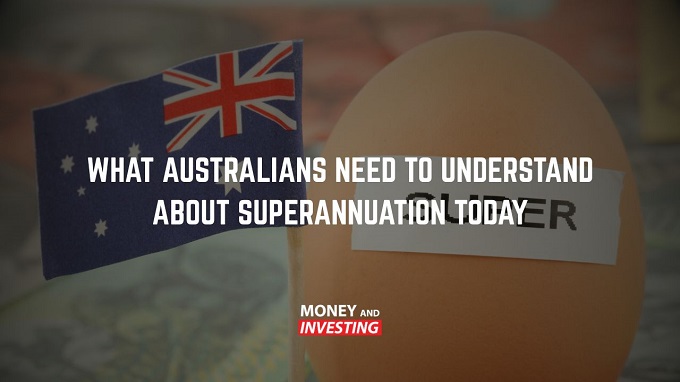Behold The Year’s Australian Budget – Andrew Baxter
Overview of the budget
Let’s face it, this was no ‘normal’ annual budget presented by the Government – as this year we have to face a worldwide pandemic wreaking havoc across our labour market, infrastructure and construction industries, healthcare sector, and undeniably our overall economy. As we have now entered into a technical recession whereby our GDP (or economic outcome) is declining, the need for a better financial roadmap moving forwards was crucially important.
Now, we have a predicted net debt of just over $922B by 2024. It’s important to note that as host Andrew Baxter prefaces the broadcast with – economics is based only on assumptions, and the assumption that we will have a coronavirus vaccine available to us by next year is a big one to take into account that may affect the entire outcome of this year’s budget.
Key outcome #1: More Jobs
Anything that can be done to create jobs is a great thing, hence why the government plans to spend over $4B on the creation of new jobs. How? Well that comes down to the incentives for employers – for any business that employs someone between aged 16-30 will now receive $200 per week for each worker, and for anyone 30-35, the employer will receive $100 per week for each worker.
The catch – they had to have been on job keeper or seeker beforehand and work a minimum of 20 hours per week. No doubt this is a great incentive for employers that is predicted to create a further 450,000 new jobs. However, the challenge lies with getting the balance right – specifically with the incentive for young people to go to work which isn’t awfully convincing given stimulus programs like job keeper for example. In any case, a job’s focus keeps the flywheel turning and promotes spending in the economy, a great addition to this year’s budget.
Key outcome #2: Access to Higher Education
Another brilliant initiative in this year’s budget was the addition of easy access to higher education for young people. Now, the government has introduced access to up-skill courses in IT, science, teaching, healthcare, and agriculture. Which young people can access through TAFE, university, or various other independent providers. As the future mainstay industries of our Aussie economy. This is a great incentive to get young people to study and equip them with skills for the labour market.
Once again, a jobs focus by the government in this part of the budget. This is especially beneficial given the fact that we have mostly empty universities given the retreat of overseas students amidst the pandemic. Freeing up both space and resources to look after our own backyard. As host, Andrew Baxter states, this is great to pitch forward how Australia will look in the next 10, 20, or 30 years as we start to foster young Australians into growing industries through education.
Key outcome #3: Tax Cuts
Now here is some good news for anyone who is in the lower-middle class and currently working. A whopping $50b has allocated in this year’s budget. To bringing forward the 2022/2023 tax cuts effective immediately from July this year.
The way this is going to work. The 19% tax threshold is moved up from 37k to 45k, and then 32.5% tax threshold has move from 90k to 120k per annum. What does this mean? Well depending on which bracket you sit in. You could end up with an extra $1-2k in your pocket each year.
The goal of course is to increase spending within the economy given the extra cash flow you’ve received. Maybe on a new TV or a set of new 4WD accessories? In any case, the outcome of this part of the budget is to cut taxes in order to put more money in the pocket of Australians.
Key Outcome #4: Infrastructure
Quite frankly – any spending on infrastructure is good spending and in this year’s budget. Josh Frydenberg has elected to direct Billions towards this sector of our economy. By spending money on the building of new roads, powerlines, tramlines, and gas projects.
The government aims to employ thousands of construction workers and architects. Who then spend money in local shops and in hospitality. All of a sudden you have monetary growth amidst an economy that desperately needs it.
As one of the largest natural gas exporters in the world. Fostering development and support in this area through government funding was prudent by the government in this year’s budget. More jobs, less traffic, and cleaner energy – a great result as co-host Mitch Olarenshaw points out.

Comments
Post a Comment